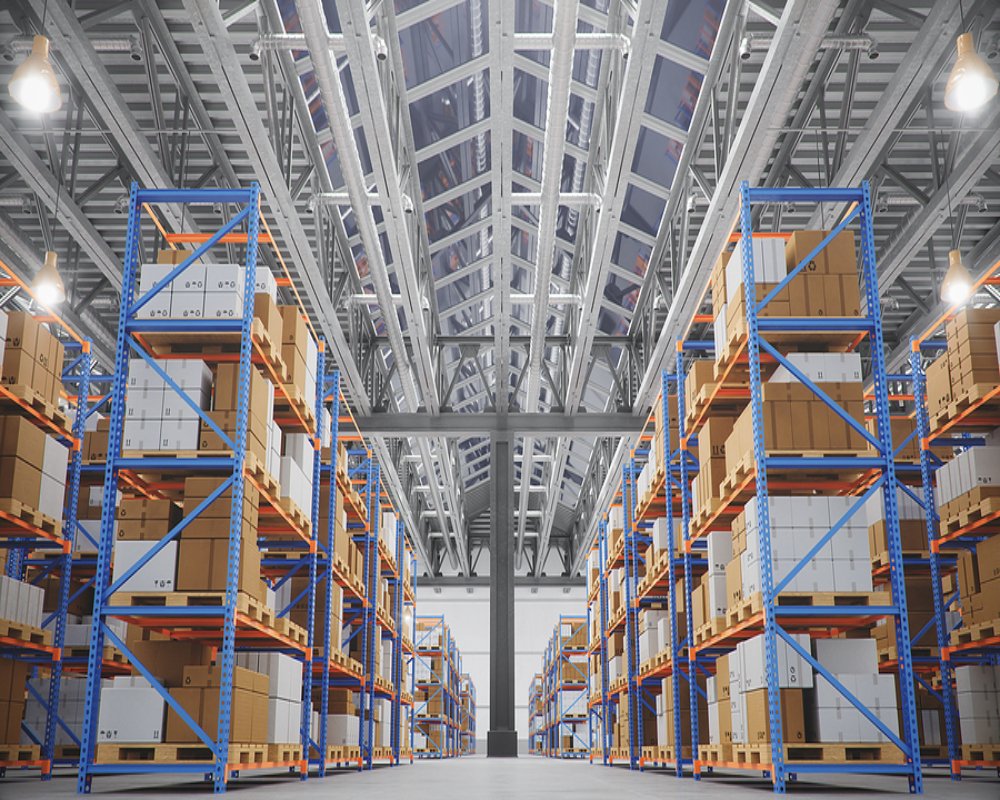Introduction
Zoning permits are a crucial regulatory requirement in the development process of warehouses and distribution centers. As warehouse developments grow in scale and complexity—driven by rising e-commerce demands, logistics expansion, and regional industrialization—the role of zoning permits becomes increasingly important. These permits serve as the formal approval by local planning authorities, confirming that a proposed warehouse project aligns with the designated land use classification, adheres to applicable development standards, and integrates responsibly within the broader urban framework. Obtaining a zoning permit is one of the foundational steps before construction and operational activities can legally commence.
Land Use Classification and Site Eligibility
Warehouses are generally classified under industrial land use due to their functional characteristics, such as large-scale storage, freight handling, and transportation infrastructure. Local zoning ordinances determine whether a specific parcel of land is eligible for warehouse development. In most jurisdictions, warehouse developments are permitted in designated industrial zones and, in some cases, within commercial or mixed-use areas where logistics services are compatible. Before applying for a zoning permit, developers must ensure that the proposed warehouse use aligns with the zoning category of the chosen site. If the current zoning does not allow warehouse activities, the developer may be required to apply for rezoning, a conditional use permit, or a variance.
Permit Application and Review Process
The process of securing a zoning permit involves a detailed application submitted to the municipal planning or zoning department. This application typically includes comprehensive site plans, building designs, and descriptions of the proposed operations. Authorities evaluate whether the project complies with local zoning codes, including standards for floor area ratio (FAR), building height, setback requirements, parking provisions, truck circulation, stormwater management, and utility access.
In cases where the warehouse may affect surrounding land uses—such as being near residential neighborhoods or environmentally sensitive areas—additional documentation such as traffic impact assessments, environmental impact statements, or public safety reviews may be required. These studies help planning officials assess the project’s compatibility with surrounding infrastructure and community well-being.
Public Involvement and Regulatory Oversight
In many jurisdictions, zoning permit approval for warehouse developments involves a public hearing or consultation process. These forums allow community members, nearby property owners, and other stakeholders to express support or raise concerns about the proposed development. Issues often addressed during these hearings include truck traffic, noise, operational hours, pollution, and overall neighborhood impact.
The planning board or zoning commission considers both the technical aspects of the application and public feedback before making a decision. In some cases, conditions may be attached to the permit to mitigate potential impacts, such as requiring landscape buffers, noise barriers, or designated truck routes. These conditions become part of the binding terms of the zoning permit.
Permit Issuance and Development Compliance
Once the zoning permit is approved, it authorizes the project to proceed with subsequent stages, including building permit application, construction, and operational setup. However, the developer must strictly adhere to all approved plans and any conditions specified in the zoning permit. Changes to the building design, use of the site, or scale of operation typically require additional approvals or amendments to the permit. Local zoning enforcement authorities may inspect the site during development to ensure compliance, and violations can result in penalties, work stoppages, or revocation of the permit.
Conclusion
Zoning permits for warehouse developments play a pivotal role in ensuring that new logistics and storage facilities are integrated seamlessly into the urban and regional landscape. They provide a legal and regulatory framework that balances industrial growth with land use compatibility, infrastructure capacity, and community interests. By guiding the location, design, and operational characteristics of warehouse projects, zoning permits help protect the public interest while supporting economic expansion. For developers, understanding and navigating the zoning permit process is essential to avoiding delays, securing community support, and achieving long-term project success.
Hashtags
#ZoningPermits #WarehouseDevelopment #RealEstate #UrbanPlanning #ConstructionLaw #PropertyDevelopment #LandUse #BuildingPermits #CommercialRealEstate #WarehouseDesign #LocalRegulations #DevelopmentApproval #ZoningLaws #Infrastructure #BusinessGrowth #Logistics #SitePlanning #EconomicDevelopment #RealEstateInvesting #WarehouseManagement


